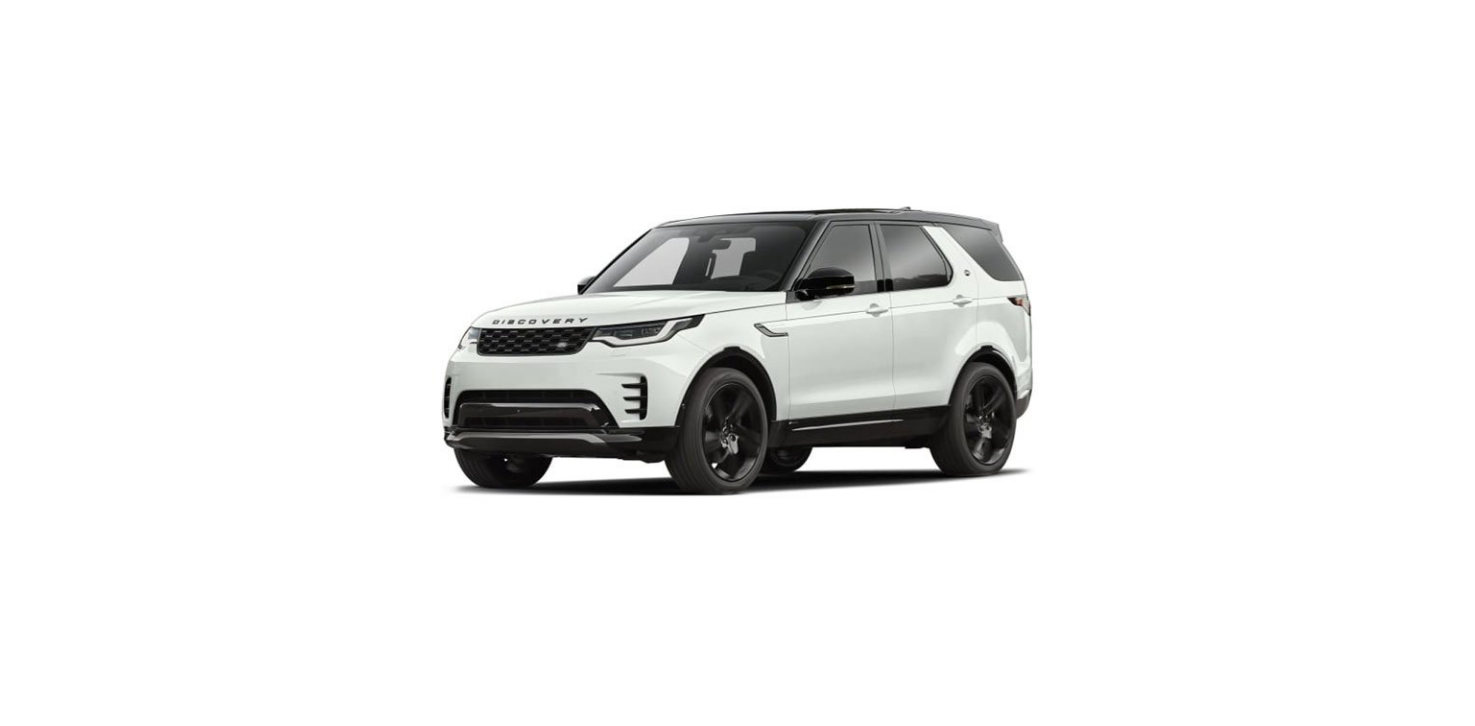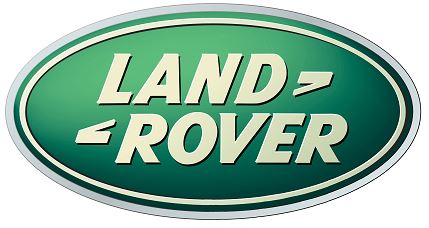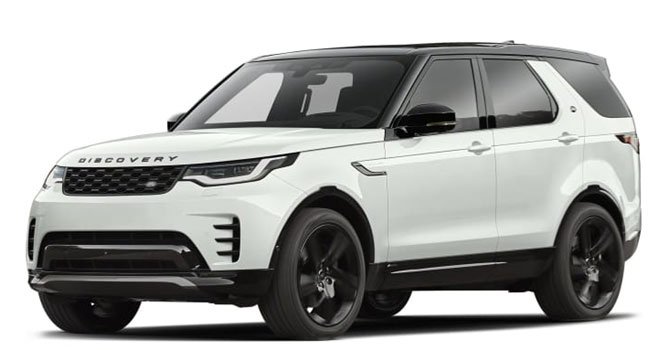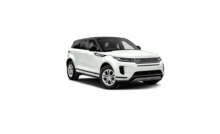2022 Land Rover Discovery Technical Specifications Owners Manual




2022 Land Rover Discovery Technical Specifications


TECHNICAL SPECIFICATIONS
Some technical specification information in the Owner’s Handbook is not available at the time of print or is subject to updates after printing. Please visit the online Owner’s Handbook at: www.ownerinfo.landrover.com, or contact a retailer/authorized repairer, for the latest data.
ENGINE SPECIFICATIONS
| Engine variant | Capacity – cubic inch (cc) | Number of cylinders. |
|---|---|---|
| 2.0L Gasoline | 122 (1 997) | 4 |
| 3.0L Gasoline | 183 (2 995) | 6 |
For further information, contact a retailer/authorized repairer and quote the Vehicle Identification Number (VIN). See LABEL LOCATIONS.
LUBRICANTS AND FLUIDS
| Part | Variant | Specification |
|---|---|---|
| Engine oil. | Gasoline vehicles. | SAE 0W-20 meeting Jaguar Land Rover specification STJLR.03.5006. |
| Brake fluid. | All vehicles. | It is recommended to use Land Rover brake fluid. If unavailable, then a non-petroleum-based brake fluid meeting specification DOT4 ISO 4925 Class 6 may be used. |
| Windshield washer fluid. | All vehicles. | Windshield wash with frost protection, diluted with clean water as specified on the bottle. |
| Coolant fluid. | All vehicles. | Mixture of 50% water and 50% Havoline XLC anti-freeze, meeting Jaguar Land Rover specification STJLR.651.5003. |
| Air conditioning refrigerant | All vehicles. | R1234yf |
| Air conditioning compressor oil | All vehicles. | ND-12 |
If in doubt about the required specification of a lubricant or fluid, seek advice from a retailer/authorized repairer.
Castrol EDGE Professional is exclusively recommended by Land Rover.
CAPACITIES
| Item | Variant | Capacity |
|---|---|---|
| Fuel tank (usable). | Gasoline. | 23.8 U.S. gallons (90 liters) |
| Engine oil refill and filter change. | 2.0L gasoline. | 7.4 U.S. quart (7 liters) |
| 3.0L gasoline. | 9.3 U.S. quart (8.8 liters) | |
| Washer fluid reservoir. | All vehicles. | 12.7 U.S. pints (6 liters) |
| Refrigerant charge weight. | 2 and 3 zone | 1.8 pounds (800 grams) |
| 4 zone | 2.2 pounds (1 000 grams) | |
| Air conditioning compressor oil. | 2 and 3 zone. | 3.4 ounces (100 milliliters) |
| 4 zone. | 5.4 ounces (160 milliliters) |
The quoted capacities are approximate and provided as a guide only. All levels must be checked using the level marks or information displayed on the vehicle, as applicable.
WEIGHTS
| Variant | Curb weight lb (kg) | Gross Vehicle Weight (GVW)* lb (kg) | Gross Train Weight (GTW)** lb (kg) |
|---|---|---|---|
| 2.0L gasoline – 5-seat vehicles. | 4 755 (2 157) | 6 480 (2 940) | 13 095 (5 940) |
| 2.0L gasoline – 7-seat vehicles. | 4 865 (2 209) | 6 875 (3 120) | 13 490 (6 120) |
| 3.0L gasoline – 5-seat vehicles. | 5 050 (2 291) | 6 655 (3 020) | 14 855 (6 740) |
| 3.0L gasoline – 7-seat vehicles. | 5 160 (2 342) | 7 075 (3 210) | 15 275 (6 930) |
- The maximum permissible weight of the vehicle, including passengers and load.
- The maximum permissible weight of the vehicle and braked trailer, including their respective loads.
| Variant | Maximum front axle load* lb (kg) | Maximum rear axle load* lb (kg) | Maximum roof load** lb (kg) |
|---|---|---|---|
| 5-seat vehicles. | 3 305 (1 500) | 3 910 (1 775) | 176 (80) |
| 7-seat vehicles. | 3 305 (1 500) | 4 185 (1 900) |
- The front and rear axle maximum loads cannot be reached simultaneously, as this will exceed the GVW limit.
- This is the permitted roof load, including the weight of the roof bars.
DIMENSIONS
| Item | Description | Variant | Inches (mm) | Degrees |
|---|---|---|---|---|
| A | Width (including mirrors). | All vehicles. | 87.4 (2 220) | – |
| Body width. | All vehicles. | 78.7 (2 000) | – | |
| B | Height. | All vehicles. | 72.7 (1 846) | – |
| Height (with roof antenna module). | All vehicles. | 74.5 (1 893) | – | |
| C | Approach angle. | Air suspension. | – | 25.9 |
| Approach angle. | Coil suspension. | – | 26.3 | |
| D | Ramp breakover angle. | Air suspension. | – | 21.2 |
| Coil suspension. | – | 22.2 | ||
| E | Wheelbase. | Air suspension. | 115 (2 923) | – |
| Coil suspension. | 115 (2 922) | – | ||
| F | Overall length. | All vehicles. | 196.1 (4 981) | – |
| G | Track – front. | All vehicles. | 67 (1 703) | – |
| Track – rear. | All vehicles. | 66.9 (1 698) | – | |
| H | Departure angle. | Air suspension. | – | 22.1 |
| Coil suspension. | – | 25.9 | ||
| – | Wading depth (off-road height).* | Air suspension. | 35.4 (900) | – |
| Coil suspension. | 33.4 (850) | – | ||
| – | Minimum ground clearance – standard height. | Air suspension. | 8.2 (208) | – |
| Coil suspension. | 8.4 (215) | – | ||
| – | Minimum ground clearance – off-road height. | Air suspension. | 11.1 (283) | – |
| – | Turning circle (wall to wall). | All vehicles. | 42.13 feet (12.84 m) | – |
- The maximum wading speed is 4 mph (7 km/h).
SMART KEY TRANSMITTER LOCATIONS
- Satellite transceiver.
- Cabin front transmitter.
- Door transmitters.
- External receiver.
- Control module.
- Satellite transceiver.
- Loadspace exterior transmitter.
Keep any implanted medical device at least 9 in (22 cm) away from any transmitter mounted in the vehicle. Doing so helps avoid any possibility of interference between the system and the device. Interference may cause the implanted medical device to malfunction, potentially causing serious injury or death.
RADIOFREQUENCY SPECTRUM REGULATION STATEMENTS
This device complies with Part 15 of the FCC rules. Operation is subject to the following two conditions:
- This device may not cause harmful interference, and
- this device must accept any interference received, including interference that may cause undesired operation.
This device complies with Industry Canada Standard IC – RSS-210: Operation is subject to the following two conditions:
- this device may not cause interference, and
- this device must accept any interference, including interference that may cause undesired operation of the device.
The key system transmitter radio frequency approval numbers for the USA and Canada are shown below:
| USA FCC ID: | KOBJBG18A |
| KOBJTF18A | |
| KOBJXF18A | |
| KOBJXU18A | |
| Canada IC: | KOBJBG18A |
| KOBJTF18A | |
| KOBJXF18A | |
| KOBJXU18A |
The manufacturer is not responsible for any radio interference or TV interference caused by unauthorized modifications to this equipment. Changes or modifications not expressly approved by the party responsible for compliance could void the user’s authority to operate the equipment.
The Smart key may suffer interference from other legal users of this radio frequency band, such as radio amateurs, medical equipment, remote controls, or alarm systems. To lock or unlock the vehicle in such a situation, either uses a key or operate the key transmitter as close to the security antenna as possible.
Recent Posts
VW Jetta Engine Fuse Box Diagram
Access the comprehensive 2010-2018 VW Jetta Passenger Fuse Box Diagram to troubleshoot electrical issues effectively.…
VW Jetta Passenger Fuse Box Diagram
Explore the comprehensive VW Jetta Passenger Fuse Box Diagram to troubleshoot electrical issues effectively. Understand…
2023 Ford F-150 Lightning Fuse Box Diagram
Under Hood Fuse Box Location Remove the front luggage compartment cover. Under Hood Fuse Box…
2022 Kawasaki NINJA H2 SX SE Brake Lever Adjuster Owner’s Manual
2022 Kawasaki NINJA H2 SX SE Brake Lever Adjuster Owner's Manual NOTICE Only adjust the front…
2023 Land Rover Range Rover Evoque Exiting The Vehicle Owners Manual
2023 Land Rover Range Rover Evoque Exiting The Vehicle SINGLE LOCKING WARNING Before exiting the…
2023 Land Rover Range Rover Evoque Front Seats Owners Manual
2023 Land Rover Range Rover Evoque Front Seats FRONT SEAT SAFETY Make sure to read…
